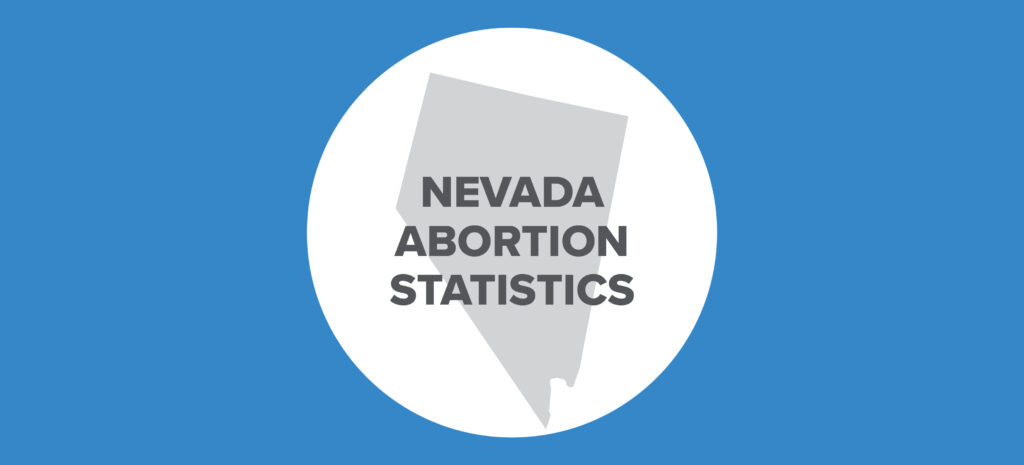Whose Choice? Pressure to Abort Linked to Worsening of Subsequent Mental Health

National Study: Over 60% of Women Who Had Abortions Report High Level of External Pressure to Abort
Washington, D.C. – Over 60 percent of women who had abortions report high levels of pressure to abort from one or more sources, and those same women report higher levels of subsequent mental health and quality of life issues, according to a new Lozier Institute peer-reviewed study published in the Cureus medical journal.
David Reardon, Ph.D., a Lozier Institute Associate Scholar, director of the Elliot Institute, and lead author of the new study, explains:
“Abortion clinics cannot claim to be pro-woman while at the same time allowing the majority of their clients to be pressured into unwanted abortions. Our national study finds that women who feel pressured to have abortions are significantly more likely to blame their abortions for contributing to a decline in mental health, increased disruptions in their daily lives, and more frequent episodes of grief and loss.
“In a country torn by political debate over abortion, surely these findings underscore one point on which we should all be able to agree. No woman should ever feel pressured into accepting an unwanted abortion. Clearly, abortion clinics need to provide better pre-abortion screening and counseling in order to prevent unsafe and unwanted abortions.”
According to the study, women who reported being pressured into an abortion by either their male partner or a family member also reported statistically significant levels of:
- Negative emotions due to their abortion
- Interference with daily life, work, or relationships
- Intrusive thoughts, including flashbacks to the abortion
- Frequent feelings of loss, grief, or sadness about the abortion
- Increased levels of stress answering questions about the abortion
Tessa Longbons, Senior Research Associate at Lozier Institute and co-author of the study, said:
“Abortion does not empower women. Quite the opposite, the abortion industry enables and gives support to those who seek to control women. This coercion can have long-lasting mental health repercussions, and now that the FDA allows the abortion pill to be dispensed without a woman ever seeing a doctor, the abortion industry’s coercion problem may only get worse.
“Women deserve to be fully informed, and they deserve better than abortion.”
The Lozier Institute study, Effects of Pressure to Abort on Women’s Emotional Responses and Mental Health, asked women to rate the degree of pressure, if any, they faced from each of five sources: their male partner, family members, other people, financial concerns, and other circumstantial pressures.
Researchers collected data using the online survey tools of a national marketing firm with access to over 28 million U.S. residents. Women 41-45 years of age were invited to participate until 1,000 surveys were fully completed. Participants did not know the topic of the survey until they had completed at least one page of background information. The completion rate was 96%, with 22.6% reporting a history of abortion, which aligns with national estimates of the percentage of women who will have abortions in their lifetime. Those reporting an abortion were four times more likely to drop out of the survey once they faced additional questions about their abortion experience compared to women who did not report an abortion and faced additional questions about their other pregnancy experiences.
“Even with our high participation rate, women with a history of abortion reported higher levels of stress completing the survey than other women, which is probably why they were most likely to drop out before completing the survey,” said Dr. Reardon. “This is why surveys about abortion will always underreport negative outcomes. It is precisely the women feeling the most negative emotions who are most likely to not want to talk about it.”
The full study, accessible via the peer-reviewed library at LozierInstitute.org, is the first in a series of planned studies designed to investigate the prevalence and impact of abortions that conflict with women’s own maternal preferences and moral beliefs.
Charlotte Lozier Institute was launched in 2011 as the education and research arm of Susan B. Anthony Pro-Life America. CLI is a hub for research and public policy analysis on some of the most pressing issues facing the United States and nations around the world. The Institute is named for a feminist physician known for her commitment to the sanctity of human life and equal career and educational opportunities for women.
###































